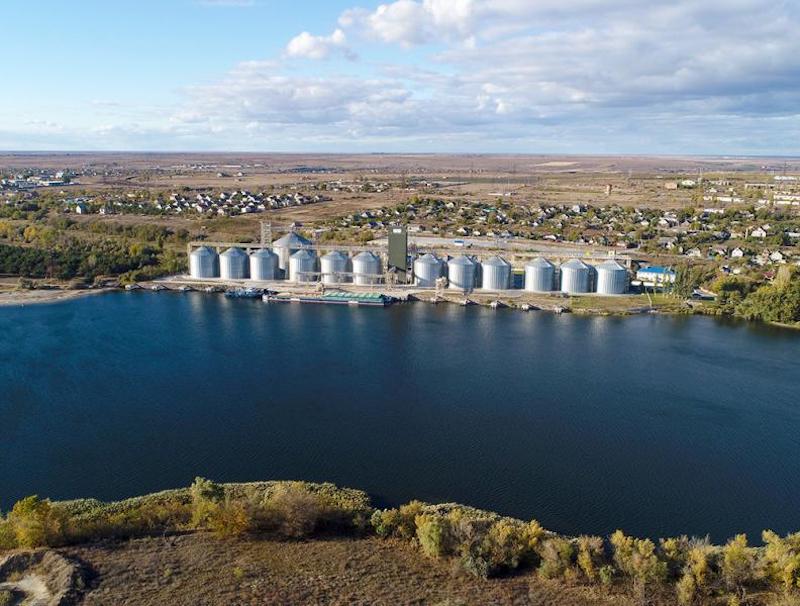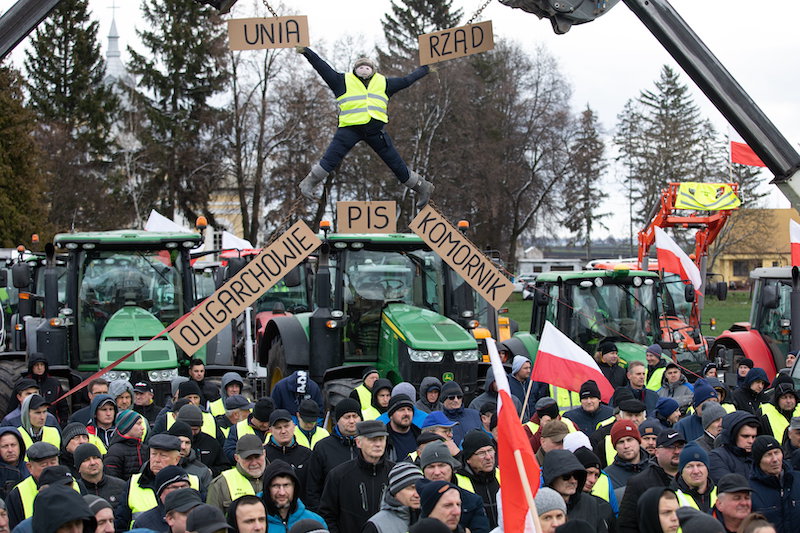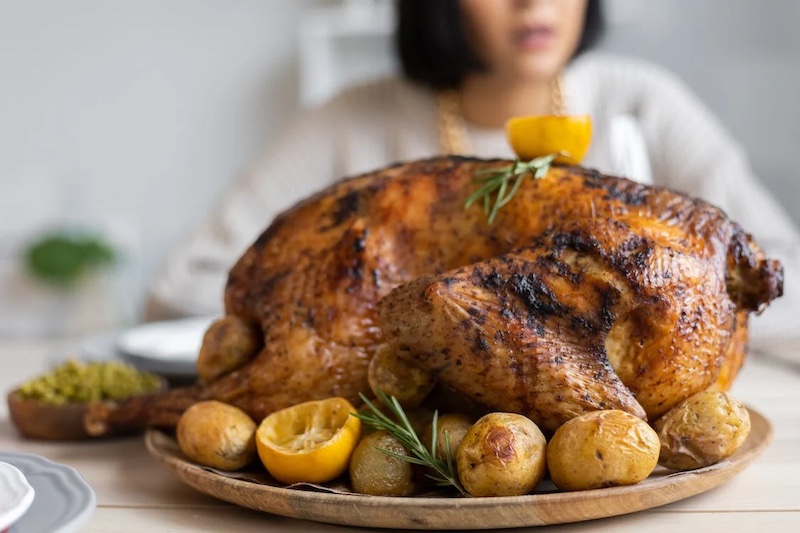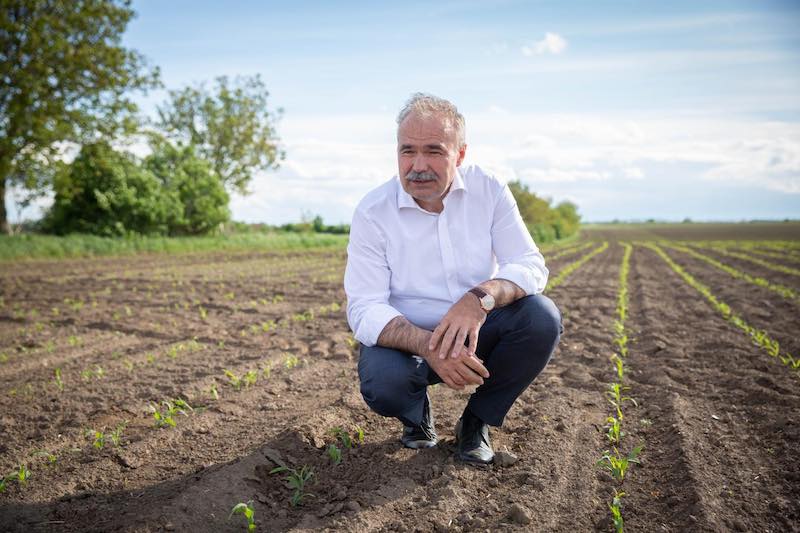Of all Ukrainian agricultural companies, Nibulon probably reveals the most about the impact of the current war. Simply because of its scale and scope of activities: it processed millions of tons of crops, bought from smaller farmers, built granaries, and developed a trade and passenger fleet in the Dnipro River and the Black Sea. Before the late 1990s, the cities of Kyiv, Dnipro, Zaporizhzhia, Mykolayiv and Odesa were connected by ship routes, and travel was fast and cheap. Nibulon was on the way to revitalising this supply corridor.
The large-scale war hit Nibulon from many sides. Many of its fields were occupied by Russia, others were mined or heavily shelled by the invaders. The company lost 40 percent of its workforce: some left the country, some joined the army. As Russia tried to push Ukraine out of the world grains market, it targeted granaries. Now the river fleet is again a dream: about 50 passenger ships cannot move and use of the lower Dnipro River is not an option. Also, last July Russia hit the house of the company’s owner and CEO, Oleksiy Vadatursky. He refused to leave his native city of Mykolayiv. A missile killed him and his wife.
Vadatursky’s son Andriy took over the business. As the situation stabilised, it became clear that the company’s biggest challenge was maintaining its export routes. Taking the grain to the EU ports by train turned out to be slow and complicated, and made several countries worried. Poland and Slovakia’s hostility towards grain transit left another option: bringing the grain to the Romanian sea port of Constanta via the Danube River, and then shipping it elsewhere. It proves effective, as long as Romania remains onside. That’s why Russians now attack Nibulon and other companies’ granaries around the Ukrainian stretch of the Danube. Mostly to no avail ― for now.






